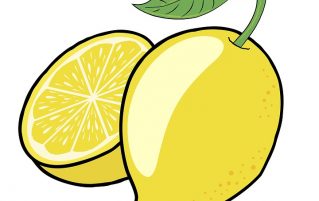

The study of genetics is fascinating. Did you know that genes can break or disappear!! Most mammals, due to a particular combination of genes, have the ability to produce their own Vitamin C. However, humans have lost the ability to do this, we are missing half of a gene that is needed for this to happen. Genes are usually lost from a species if they no longer have any use for it. It is likely that our ancestors ate large amounts of fruit as part of their diet, meaning they did not need to produce their own Vitamin C.
Scientists believe that because we rely on our sight, we have lost many odorant receptors. These receptors detect specific smells, and are proteins produced by genes which we have lost. This means our sense of smell is much worse than many other species.
Some organisms can even rewrite genetic information in their neurones. Octopuses, squids and cuttlefish can recode the DNA. This means that one gene can produce a number of different proteins. This helps them to adapt to their environment.
GCSE scientists – you need to explain how diseases and blood types can be inherited. For help with this try our new guide “How to work with Genetics: Part 2”. In this guide is an explanation of how to use family pedigree diagrams as well as how diseases and blood types are inherited. There is also information on sex-linked disorders, and genetic diagrams showing how they can be inherited. It includes questions to try, and answers to check your understanding.
Click on the picture below to see the guide.
If you found this useful and think you would benefit from some additional help, please contact us.
